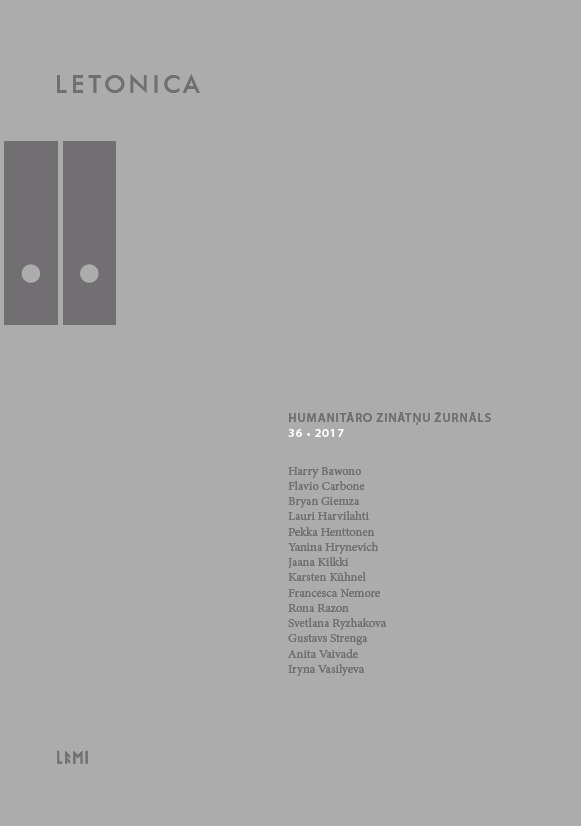More than Words: Respectful Stewardship and the Balance of Community Archives
More than Words: Respectful Stewardship and the Balance of Community Archives
Author(s): Bryan GiemzaSubject(s): Museology & Heritage Studies, Archiving, Preservation, Local History / Microhistory
Published by: Latvijas Universitātes Literatūras, folkloras un mākslas institūts
Keywords: post-custodial; community archives; social justice; participatory research; charrettes;
Summary/Abstract: From the Canadian “total archives” movement of the 1980s, to more recent human rights and reconciliation community-driven archives in Australia, South Africa, and Cambodia, community-driven archives offer a powerful counterbalance to the representational inequality that sometimes characterizes the interactions between institutional archives and socially stigmatized or marginalized groups. The power disparity between a community collective seeking to preserve its materials and a partner archival institution points to the limited options available to the community. Some communities might be obliged to accept whatever curatorial terms the institution extends, with the only (impractical) alternative being the creation of its own unsupported archive. At the same time, traditional archival institutions that support community-driven archives face many ethical and practical challenges in that role. Beyond the duty to manage expectations, issues of patrimony, creator rights, and the local disposition of material all attach to the post-custodial paradigm.The Southern Historical Collection (SHC), in UNC’s Wilson Library Special Collections, is currently engaged in at least four community-driven projects (The Appalachian Student Health Coalition, The Eastern Kentucky African American Miners Project, The Historic Black Towns and Settlements Alliance, and The San Antonio African American Community Archive and Museum). The projects’ objectives and concerns are as various as the creator communities that fostered them. In this paper, I consider the limits of parallels between community gardens and community archives. Drawing from the work of Douglas Biff Hollingsworth, I argue for a common lexicon describing community archives, according to various models of distributed curatorial responsibility, as a starting point for imagining canons of ethical responsibility. We suggest a new vocabulary for appraisal categories (existential value, cathartic value, accountability value, reconciliatory value, and communal value), and how such language supports a professional shift from an outcome-driven, commodity based tradition. Finally, I will describe some practical experiences regarding community rights and the role of community liaisons and charrettes in orchestrating community-driven archival projects.
Journal: Letonica
- Issue Year: 2018
- Issue No: 36
- Page Range: 32-43
- Page Count: 12
- Language: English

